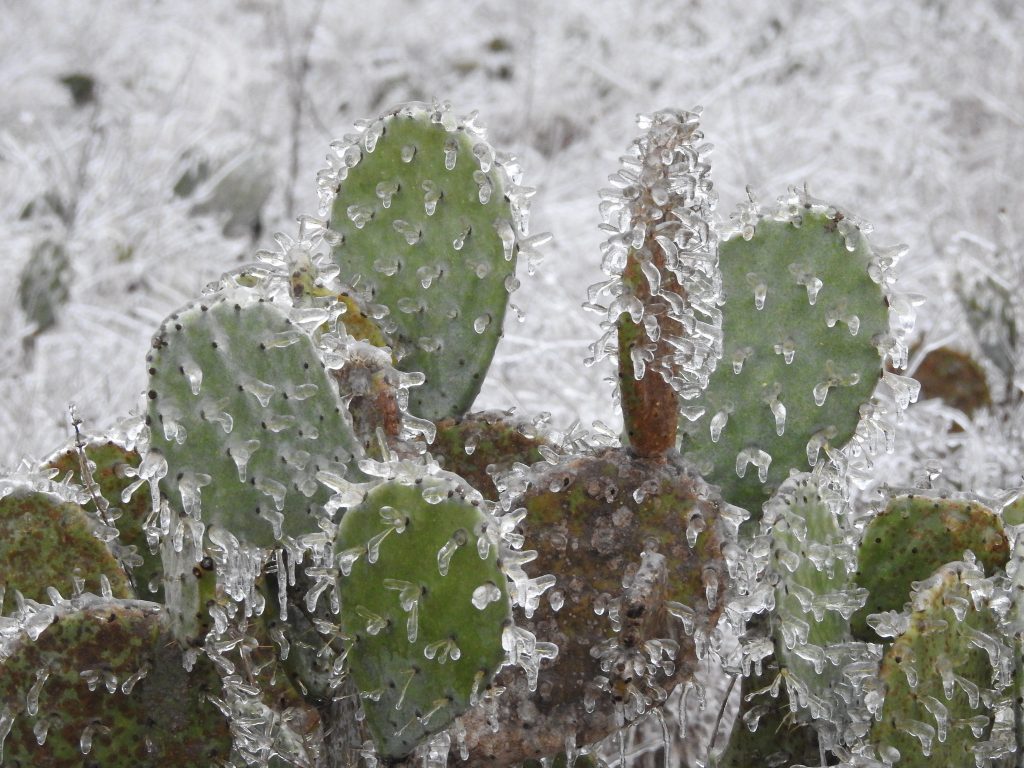What the Texas Power Grid Failure Can Teach Us About Utility Regulation
The failure of the electricity grid in Texas this week has left millions without power and as a result, lawmakers and policy analysts are staring down the consequences of the state’s deregulated energy sector.

Amid a week of record-breaking frigid temperatures in the southern part of the United States, more than four million Texans are struggling to keep warm during widespread rolling blackouts. Republicans are trying to place blame on the weakness and unreliability of what are now frozen wind turbines in the Lone Star state, while energy experts are pointing to the weakness of the power grid and environmental advocates are reminding us all of the inevitability of these kinds of events continuing to occur as climate changes intensifies.
“The isolation of the grid in Texas is very intentional because it allows the state to avoid federal regulation like the rest of the country,” — Will Englund, Washington Post
A debate is now brewing about Texas’ decision to have a largely unregulated energy system. In Michigan, there is a largely regulated system that sets and approves rates for the utilities industry. As a result, DTE and Consumers energy have near-monopolies over customers in most parts of the state. But there are free market groups who want Michigan’s energy supply to look more like Texas.
Listen: The cost of allowing energy sectors to go unregulated is playing out in Texas.
Guests:
Will Englund is a Pulitzer-Prize winning reporter with The Washington Post. Englund talks about Texas’ elected officials’ strategy to remain unregulated and the consequences of those efforts. “The isolation of the grid in Texas is very intentional because it allows the state to avoid federal regulation like the rest of the country,” he says.
On the current outages in the state, Englund explains that this comes from a decades-long shift toward deregulation to drive costs down and create free markets within the Texas energy sector. “Texas went strongly for deregulation in its electricity sector, as a consequence there are dozens of players in Texas electricity. There isn’t any incentive for a company to prepare for an event like this,” he says.
Douglas Jester is a partner at the Lansing-based 5 Lakes Energy, specializing in utility regulation, energy policy, research and modeling. Jester explains that much like Texas, though not as extreme, Michigan’s infrastructure landscape also shows an unwillingness to make necessary changes to improve and maintain an optimal system. “Infrastructure in Michigan and across much of country is deficient and needs investment. We make some investments, but we still have institutional bias against making the kinds of investments we need to keep things functioning and safe for everyone,” he says. Jester explains that in our current utility paradigm, events like what we are seeing in Texas are bound to happen from time to time. “Texas is one of those things that happens now and then. It’s really because as a society we either can’t get our minds around the risks of occasional events or we’re not prepared to make the investments necessary to avoid consequences,” he says.
Web story by Allise Hurd
Trusted, accurate, up-to-date
WDET is here to keep you informed on essential information, news and resources related to COVID-19.
This is a stressful, insecure time for many. So it’s more important than ever for you, our listeners and readers, who are able to donate to keep supporting WDET’s mission. Please make a gift today.
